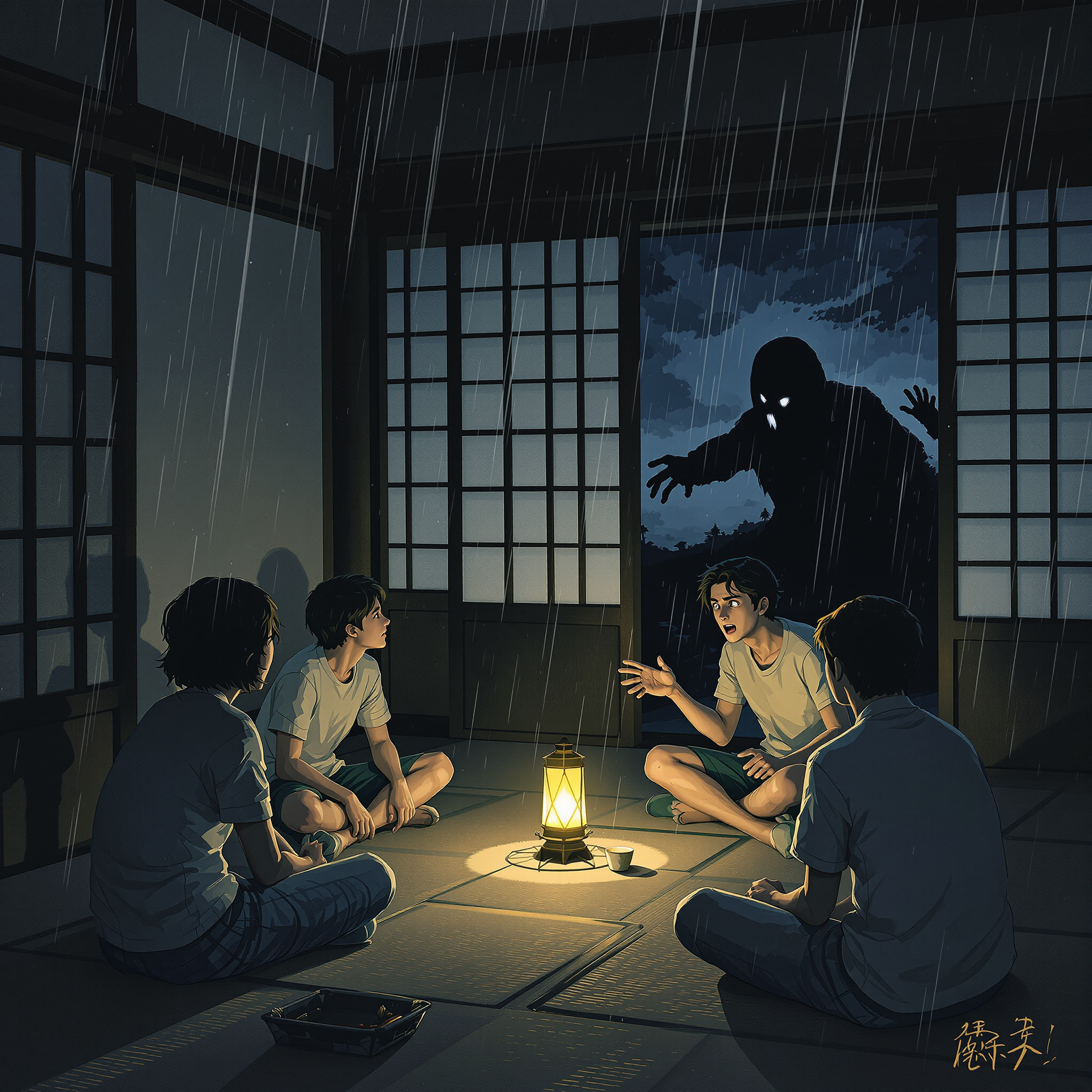In many cultures, especially in East and Southeast Asia, it is believed that telling ghost stories—especially at night or in graveyards—can attract malevolent spirits. It is thought that invoking the memory or imagery of the dead through stories may disturb their rest or summon them unintentionally. During sensitive times of the year, such as the Ghost Festival in China or Obon in Japan, recounting tales about spirits is avoided out of respect and fear. In some communities, ghost stories are only told in controlled, ritualistic settings to minimize harm. Key beliefs include:
– Never tell a ghost story in the dark, especially at midnight.
– Avoid ghost storytelling during important festivals for the dead.
– Wash after telling ghost stories to cleanse spiritual residue.
Practitioners believe this helps avoid spiritual disturbances and misfortune.



